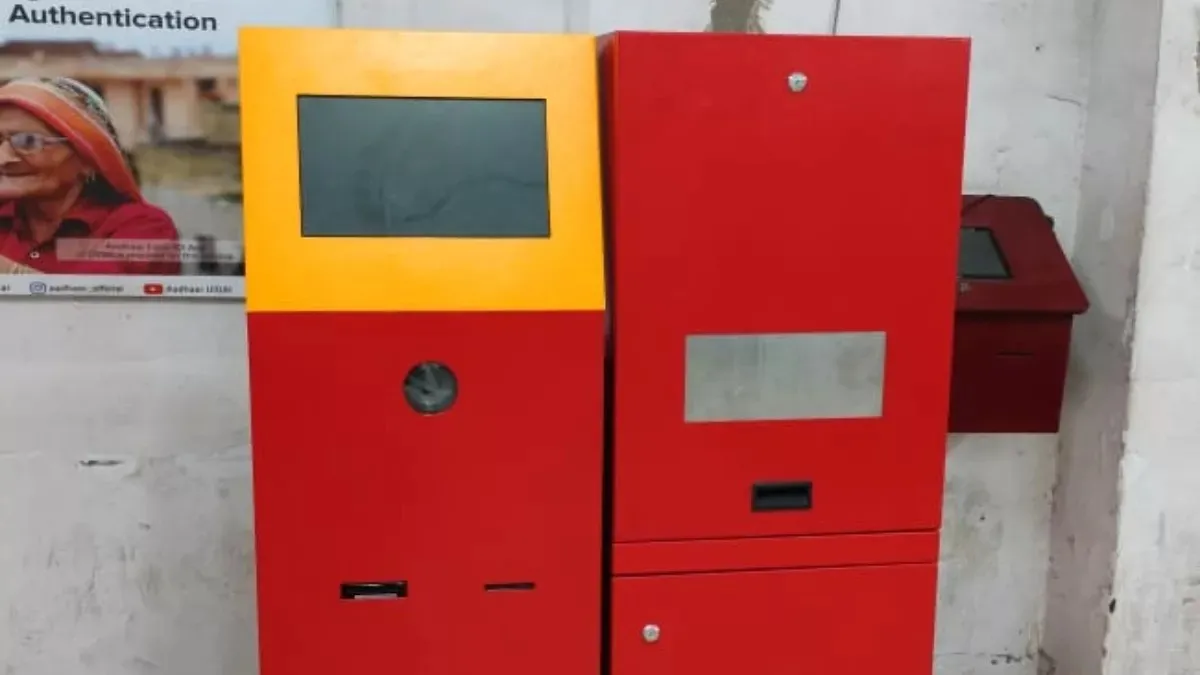- By Shibra Arshad
- Sat, 19 Jul 2025 07:59 AM (IST)
- Source:JND
In a bid to modernise postal services, self-booking kiosk machines are being installed in the main post offices of four major cities in Jharkhand - Ranchi, Jamshedpur, Dhanbad, and Deoghar. These machines will enable customers to book speed post and registry services independently, similar to railway ticket vending machines, Jagran.com reported.
How Will Machine Work
With the help of this machine, customers will be able to do the entire process of speed post or registry booking themselves, like printing the receipt, checking the weight, paying the fee, and depositing the packet, in the same way as booking tickets at the railway ticket machine.
The introduction of self-service kiosks in Jharkhand's main post offices is set to bring numerous benefits to customers, including:
- Reduced wait times: No more standing in line for speed post and registry services.
- Increased transparency and speed: Automated processes ensure accuracy and efficiency.
- Less dependence on postal employees: Customers can now handle transactions independently.
- Paving the way for 24-hour service: A step towards providing round-the-clock postal services.
Digital Transformation In Postal Department
Senior Postmaster Shankar Kujur announced that the postal department is undergoing a large-scale digital transformation. As part of this initiative:
- IT 2.0 application implementation: Scheduled for July 20-21, this upgrade aims to enhance services nationwide.
- Temporary service closure: All 727 post offices in Kolhan will be closed on July 21 for system updates, migration, and technical configuration.
Benefits Of IT 2.0
The implementation of IT 2.0 is expected to bring:
- Faster and more accurate postal services: Improved efficiency and reduced errors.
- Better tracking and records: Enhanced transparency and accountability.
- Promotion of digital payments: Convenient and secure payment options.
- Technological access to rural areas: Bridging the digital divide and expanding services to remote areas.

